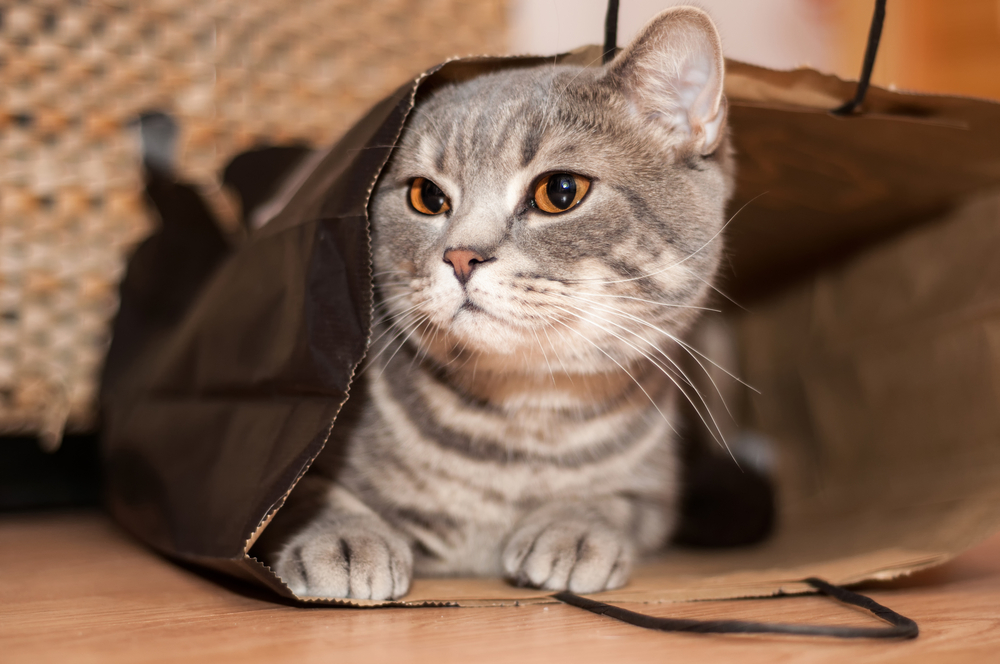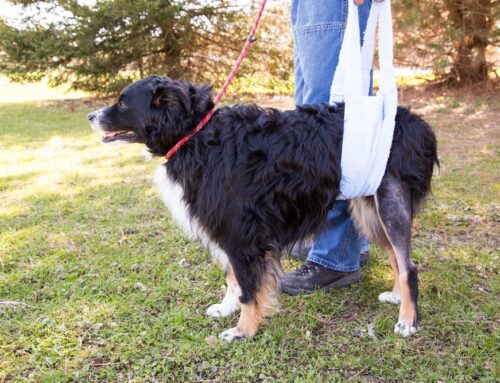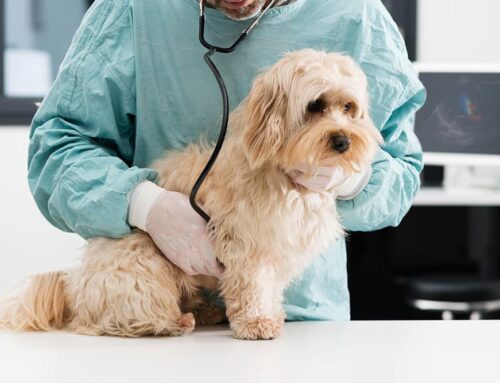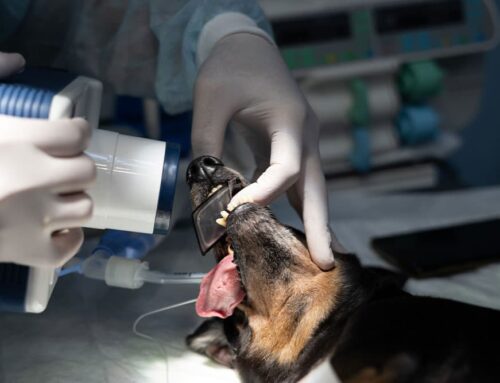Ah, Valentine’s Day, when love is in the air, bouquets of roses abound, and yes, sweets and chocolates are everywhere. Chocolate is a favorite treat for people but can be deadly for our pets. South Shores Pet Clinic’s team wants pet owners to understand the dangers of chocolate for pets, so we delve into the signs, risks, and preventive steps.
Why chocolate is poisonous for pets
Chocolate contains two substances called methylxanthines—theobromine and caffeine—which are toxic to dogs and cats. These compounds can cause a range of adverse effects, from mild gastrointestinal (GI) upset to severe neurological and cardiac issues. Theobromine and caffeine increase our energy when we drink our morning joe or eat dark chocolate, but unfortunately for our pets, chocolate boosts their heart rate to dangerous levels because they metabolize these chemicals more slowly.
Signs your pet ate chocolate
Disease severity varies in pets who eat chocolate, according to their size and the amount of chocolate ingested. Common toxicity signs include:
- Vomiting
- Diarrhea
- Increased thirst and urination
- Excessive drooling
- Restlessness or hyperactivity
- Tremors
- Rapid breathing
- Elevated heart rate
- Seizures
- Muscle rigidity
- Collapse or coma
Signs may not appear immediately after ingestion and may not manifest for several hours, so prompt veterinary attention is crucial if a pet owner suspects their pet has consumed chocolate. As with many veterinary emergencies, the sooner your pet is treated, the better the prognosis.
Factors that contribute to toxicity in pets
Certain factors can increase the likelihood and severity of chocolate poisoning in cats and dogs. These include:
- Chocolate type — Dark chocolate, powdered cacao, and baking chocolate contain higher concentrations of theobromine and caffeine compared with regular milk chocolate.
- Quantity ingested — Check the chocolate package or wrapper to see how much chocolate your pet ingested, when possible. The amount of chocolate your pet consumes relative to their body weight significantly affects the severity of poisoning.
- Pet size — Smaller dogs and cats are more susceptible to chocolate toxicity, which is easy to understand, but large dogs who consume large amounts of chocolate can be equally at risk.
- Underlying health conditions — Pets in poor health are more severely impacted by chocolate toxicity, because they are less resilient.
How to react if your pet ingests chocolate
If you know or suspect your pet ingested chocolate, acting quickly can help prevent serious health complications. Steps you should take include:
- Take the chocolate away from your pet so they can’t ingest more.
- Call South Shores Pet Clinic or Animal Poison Control to get expert advice on how to care for your pet.
- Have the following information ready: your pet’s age, weight, and breed, how much chocolate your pet ingested, the type of chocolate ingested, and any signs your pet is exhibiting.
- If possible take the chocolate label with you when you take your pet to the veterinarian.
Treating chocolate poisoning in pets
Treatment ranges from monitoring your pet for the progression of toxicity signs, to inducing vomiting, to hospitalization.
Treatments may include:
- Vomiting — Our veterinary team may induce vomiting and give your pet activated charcoal to absorb remaining chemicals in the stomach.
- Fluids — Intravenous (IV) fluids may be necessary to keep the pet hydrated, as both theobromine and caffeine are diuretics.
- Medication — Anti-nausea and diarrhea medications may help.
- Heart rate monitoring — We will monitor your pet’s heart rate and pressure, which may need managing with beta blockers, and for possible neurological issues.
The sweet news about toxicity prevention in pets

Preventing chocolate poisoning in our four-legged friends requires proactive measures—most important is being aware of the danger to your pet. Other measures include:
- Storing chocolate securely in areas inaccessible to pets
- Ensuring all family members know that chocolate is the dangerous for pets
- Being extra cautious during holidays and special occasions when chocolate consumption is common
- Storing backpacks and purses on a hook or in the closet to prevent nosey pets from rifling through them and finding “treats”
- Keeping our South Shores Pet Clinic contact information readily available in case of an emergency
You likely love chocolate and keep some on hand, but you must be aware of its dangers for pets and take appropriate precautions. Seeking prompt advice or attention also is vital, so contact our South Shores Pet Clinic immediately if you suspect your pet has eaten chocolate.







Leave A Comment